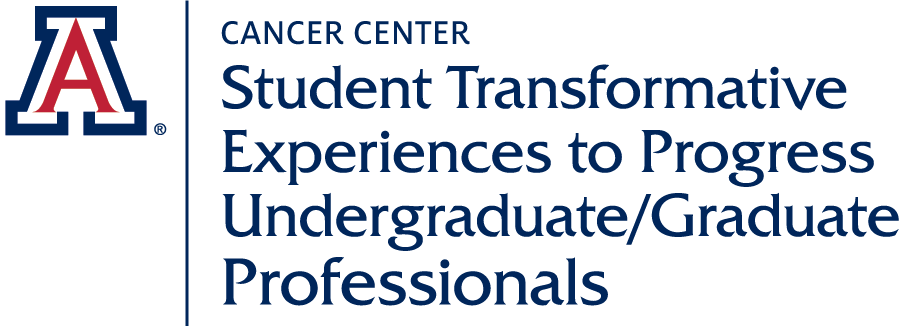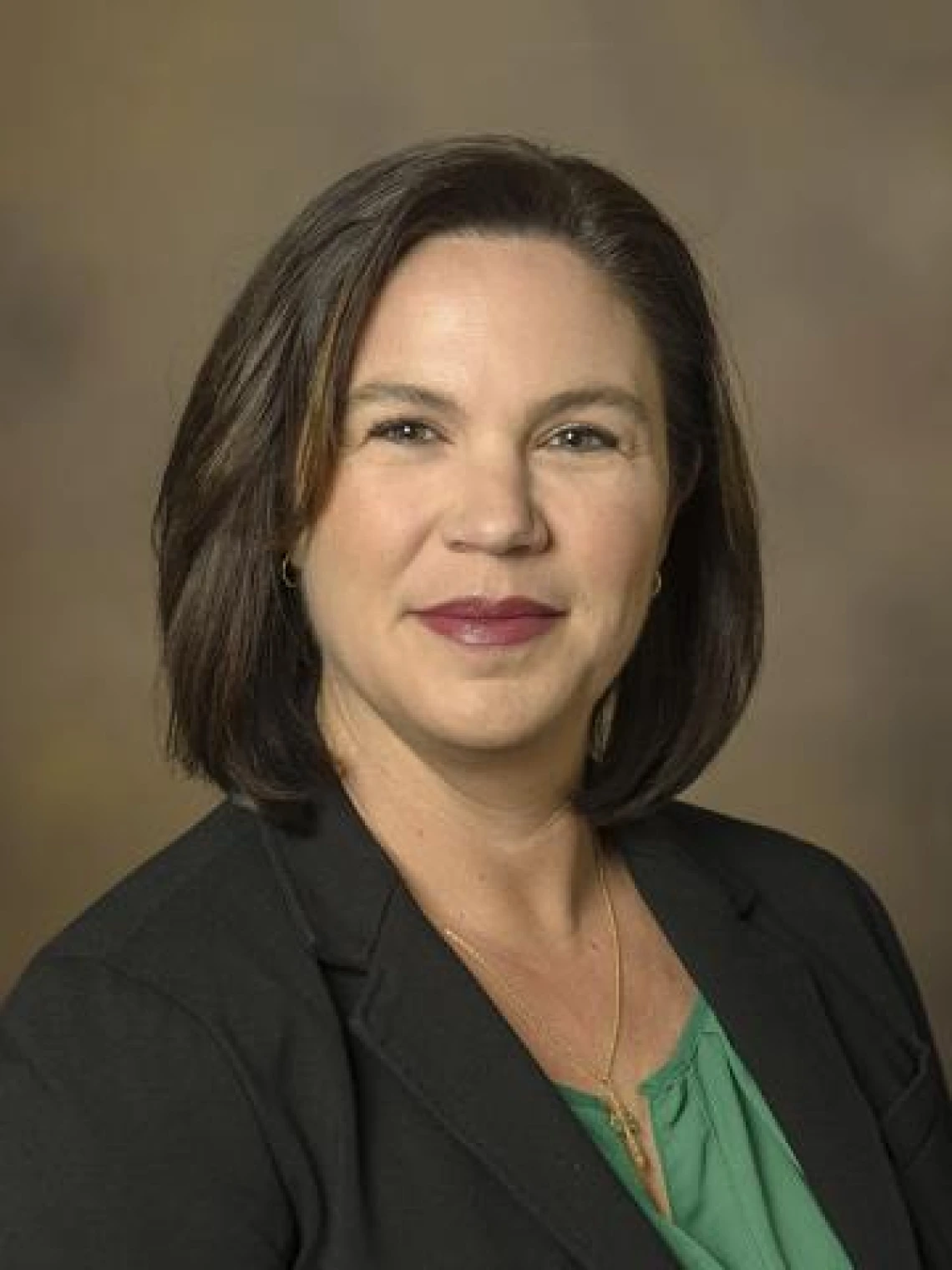
Jennifer Bea, PhD, MS
Associate Professor, Health Promotion Sciences
Multiple Principal Investigator (MPI), STEP-UP
Jennifer W. Bea, PhD is a physiological scientist, focused on body composition and chronic disease research, with an emphasis on cancer. She is currently Co-director for the Body Composition Research Laboratory, a member of UACC Cancer Prevention and Control, and a member of the Collaboratory for Metabolic Disease Prevention and Treatment at UA. As an expert in body composition imaging, lifestyle interventions, circulating biomarkers, and genetics, Dr. Bea has made significant strides in understanding how to tailor interventions to optimize body composition and health, particularly among underserved communities.
Email Address: jbea@uacc.arizona.edu
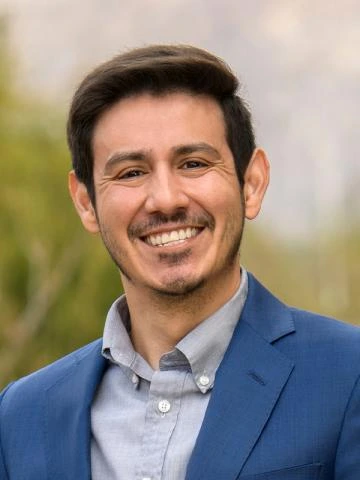
David O. Garcia, PhD, MS
Associate Professor, Public Health
Multiple Principal Investigator (MPI), STEP-UP
David Garcia, PhD's current research uses targeted, tailored behavioral programs and mixed methods research among Hispanic males to burden of obesity-related disease and cancers, such as non-alcoholic fatty liver disease and hepatocellular carcinoma.
He serves as the Director of the Zuckerman Family Center for Prevention and Health Promotion. He is also the Director of the also the Director and Founder of Nosotros Comprometidos a Su Salud-Committed to Your Health, a program developed to foster community-engaged research collaborations, service, and education in Southern Arizona. This community-based effort promotes regular access to health communications and information, and opportunities to participate in lifestyle interventions tailored for the Mexican-origin community. Within Nosotros, Dr. Garcia has provided students from diverse backgrounds with numerous opportunities to engage in various stages of research, including over 100 students who previously had not trained in lifestyle and health.
Research Areas: Chronic disease, fatty liver disease, community engagement, obesity, lifestyle
Email Address: davidogarcia@arizona.edu
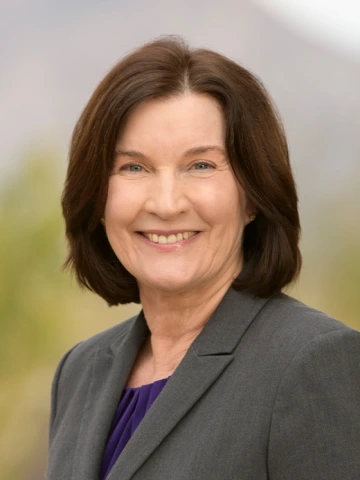
Terry Badger, PhD, RN, FAPOS, FAAN
Assistant Professor, Family and Community Medicine
Terry Badger, PhD, RN earned her BSN and MSN from Arizona State University and PhD from University of Texas at Austin. She is a board certified psychiatric mental health advanced practice nurse. Currently, she is the Eleanor Bauwens Endowed Chair, Professor and Chair of the Community and Systems Science Division in the College of Nursing. She also holds an appointment as a Professor in the Department of Psychiatry in the College of Medicine. Terry is a member of the Cancer Prevention and Control Program at the University of Arizona Cancer Center.
Email Address: tbadger@arizona.edu
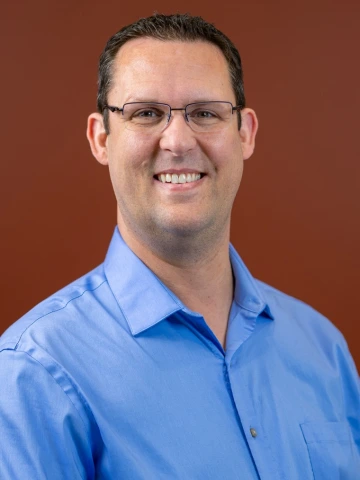
Jacob C. Schwartz, PhD
Associate Director, Cancer Research Training and Education Coordination
Jacob Schwartz obtained a Ph.D. in Biophysics at the University of Texas Southwestern Medical Center and studying transcription regulation by nucleic acids and nucleic acid mimics. Dr. Schwartz joined the Department of Chemistry and Biochemistry at the University of Arizona in 2014.
His laboratory studies transcription regulation by RNA-binding proteins with a focus on disordered proteins whose activity depends on the process of phase separation. They use biochemical and cell-based approaches to investigate mechanisms that the closely related proteins FUS, TDP-43, and EWSR1 control gene expression. They study therapeutic approaches and the mechanism for the EWS-FLI1 fusion protein to hijack EWSR1 activity and drive Ewing Sarcoma, the second most common bone cancer in children. As part of this research, they have developed new methods to investigate protein unfolding by chemical conjugation and to isolate cellular condensates for proteomics analysis.
Email Address: jcschwartz@arizona.edu
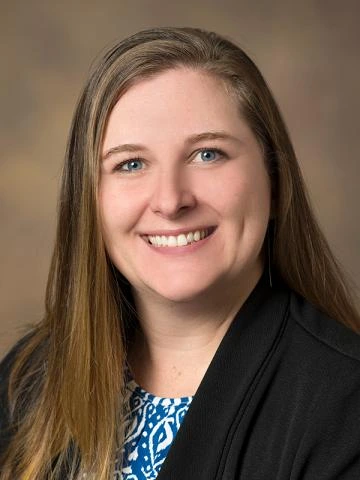
Alicia Marie Allen, PhD, MPH
Associate Professor, Public Health
Associate Professor, Family and Community Medicine
Alicia Allen, PhD, MPH began working in clinical research on substance use disorders in 2001 as an undergraduate student. This experience prompted her to obtain her masters in community health education, graduate certification in addiction studies and doctorate in social and behavioral epidemiology, all from the University of Minnesota. She also completed a fellowship at the Centers for Disease Control and Prevention in the area of prenatal smoking. She joined the University of Arizona as an assistant professor in 2016. Dr. Allen has received funding from the National Institutes of Health, ClearWay Minnesota, American Cancer Society, and University of Minnesota.
Email Address: aliciaallen@arizona.edu
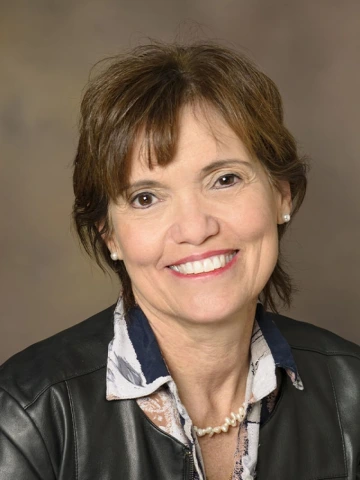
Maria I. Altbach, PhD
Professor, Medical Imaging
Maria I. Altbach, PhD obtained her PhD in Chemistry from Louisiana State University working on solid-state nuclear magnetic resonance of small molecules. Her work transitioned to the field of Magnetic Resonance Imaging (MRI) during postdoctoral training focusing on technology development with an emphasis on improving the diagnosis of disease.
Dr. Altbach’s work is at the interface of engineer and medicine, providing unique training for engineer and basic science students interested in medical imaging. Her work related to cancer focuses on the development of MRI technology for the early diagnosis of disease through non-invasive imaging. Technology being developed by her group is based on novel parametric MRI techniques for the characterization of cancerous lesions and tissue changes leading to cancer. Currently, she is leading an academic industrial partnership funded by the NIH for the clinical translation of technology for early detection of liver metastases. Another area of interest is in the non-invasive staging of non-alcoholic steatohepatitis as a preventative measure for liver cancer.
Email Address: maltbach@arizona.edu
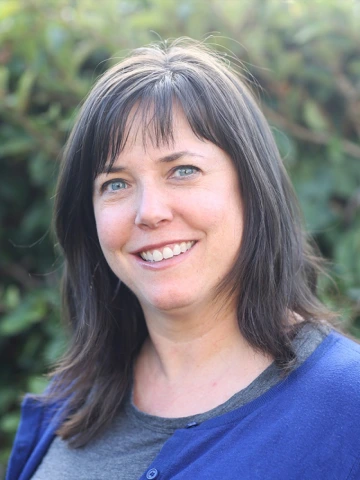
Julie Armin, PhD
Assistant Professor, Family and Community Medicine
Julie Armin, PhD has her training as a medical anthropologist and received her PhD from the University of Arizona's School of Anthropology in 2015. Her goal is to improve healthcare and reduce health disparities for historically underserved populations using qualitative, multi-method and community-based methodologies. Her research program is broadly focused on addressing gaps in cancer prevention and treatment for populations that have been historically marginalized due to hierarchies of race, gender, and social class.
Current Projects as PI or Co-PI:
- Improving Shared Decision-Making about Cancer Screening Among American Indian Women Experiencing Intellectual Disabilities (co-PI: Heather Williamson, NAU – Partnership for Native American Cancer Prevention)
- Improving Advance Care Planning through Better Care Coordination (Funder: American Academy of Family Physicians)
Email Address: jarmin@arizona.edu
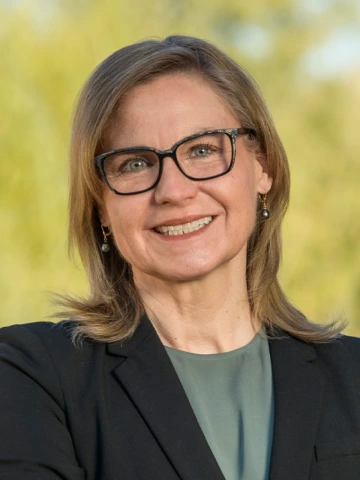
Jennifer Kehlet Barton, PhD
Director, BIO5 Institute
Professor, Biomedical Engineering
Professor, Electrical and Computer Engineering
Professor, Optical Sciences
Jennifer Barton, PhD received her BS and MS degrees in electrical engineering from the University of Texas at Austin and University of California Irvine, respectively. She worked for McDonnell Douglas (now Boeing) on the Space Station program before returning to the University of Texas at Austin to obtain the Ph.D. in Biomedical Engineering in 1998.
Barton develops miniature endoscopes that combine multiple optical imaging techniques, particularly optical coherence tomography and fluorescence spectroscopy. She evaluates the suitability of these endoscopic techniques for detecting early cancer development in patients and pre-clinical models. Additionally, her research into light-tissue interaction and dynamic optical properties of blood laid the groundwork for a novel therapeutic laser to treat disorders of the skin’s blood vessels.
Email Address: barton@arizona.edu
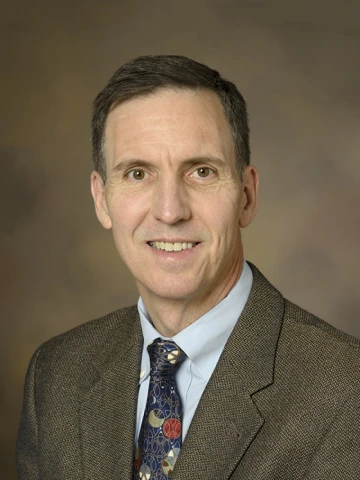
Jefferey L. Burgess, MD, MPH, MS
Professor, Community, Environment & Policy
After graduating from the University of Washington School of Medicine, Dr. Jefferey Burgess completed a residency in Emergency Medicine, a Medical Toxicology fellowship, and a master’s degree in Toxicology and Industrial Hygiene at the University of Arizona, followed by an Occupational and Environmental Medicine fellowship and a Master of Public Health at the University of Washington Dr. Burgess also previously worked as an Emergency Medicine physician, Medical Toxicologist and Occupational and Environmental Medicine physician.
Dr. Burgess has worked collaboratively with firefighters on health-related research for over 30 years, and since 2015 on firefighter exposures, carcinogenic mechanisms, and interventions to reduce cancer risks. The cancer prevention work started with a research partnership with the Tucson Fire Department and has since spread nationwide with the establishment of the prospective multicenter Fire Fighter Cancer Cohort Study (FFCCS).
Email Address: jburgess@arizona.edu
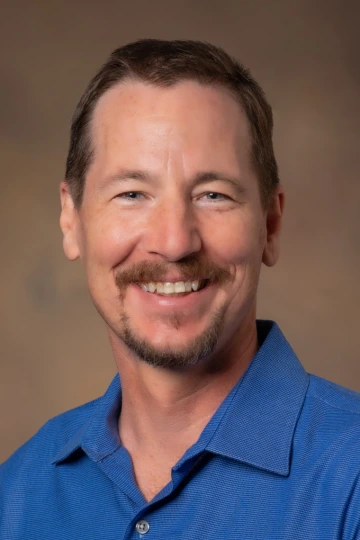
Scott C. Carvajal, PhD, MPH
Department Chair, Health Promotion Sciences
Professor, Public Health
Scott C. Carvajal, PhD, MPH, is the Chair of our Health Promotion Sciences Department and the Director of the Arizona Prevention Research Center (AzPRC), and is a multi-discipline trained applied social and quantitative psychologist with expertise in health promotion theory, Latino/cultural behavioral research methods, intervention design and evaluation methods. His principal research (funded by NIDA, NIAAA & currently NICHD & CDC) has focused on understanding a range of health behaviors that convey risk or protection (e.g., substance abuse, sexual risk taking, healthy food choice, physical activity) and mental health outcomes (e.g., bicultural stressors, depressive symptoms, coping strategies), with a major emphasis on testing social ecological models within minority populations. As Director/PI of the CDC funded University of Arizona Prevention Research Center, he is responsible for the research oversight of multiple CBPR lead programs that include aims of the promotion of physical activity, health eating and health screening with under-served border populations.
Email Address: carvajal@arizona.edu
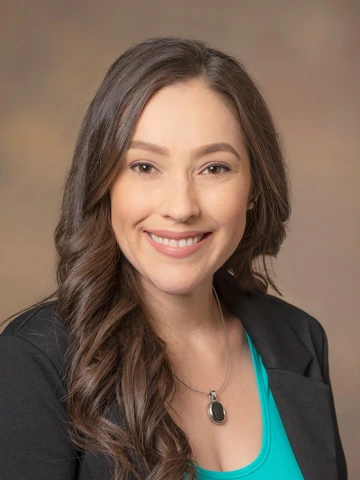
Sara Centuori, PhD
Shared Resource Director, Flow Cytometry
Assistant Research Professor, Medicine
Sara M. Centuori, PhD, is a clinical and translational researcher focusing on the identification of novel immunomodulatory agents for the prevention and treatment of cancer. Her research interests focus on early stage clinical trials that examine the immuneprevention and immunotherapeutic properties of pharmaceutical and nutraceuticals agents with a special interest in obesity-associated breast and tobacco-related head and neck cancers. She is a recent recipient of an NCI-awarded Early Stage Investigator Research Supplement to Promote Diversity in Health-Related Research associated with the University of Arizona’s Cancer Prevention Clinical Trials Network (CP-CTNet). In this role she participates in the design, development, and execution early-stage cancer prevention trials, and emphasizes on driving minority recruitment to reduce health disparities in cancer prevention trials. She is also an active member of the Skin Cancer Prevention Program and the Head and Neck Translational Oncology group.
Email Address: smb4@arizona.edu
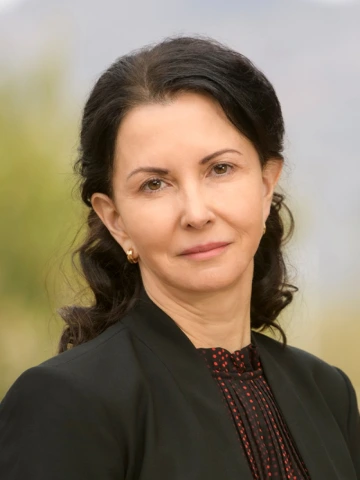
Clara Curiel-Lewandrowski, PhD
Interim Director of Research, Cancer Center
Co-Director, Skin Cancer Institute, Cancer Center
Program Director, Dermatology Residency Program
Chief, Division of Dermatology, Department of Medicine
Clara Curiel-Lewandrowski, PhD's role as a member of the UACC is to establish and foster research activities related to the skin cancer field across multiple disciplines. She is currently the Co-Director of the Skin Cancer Institute and Director of the Cutaneous Oncology Program. She has served as a lead dermatologist in seven clinical studies and as a PI in seven clinical trials through the PO1-Skin Cancer Chemoprevention Grant, the UA NCI/DCP/Cancer Chemoprevention Consortium Agreement, and sponsored studies. She has been instrumental in establishing research collaborations between the UACC and the College of Optical Sciences, Bioengineering, and the Department of Radiology to evaluate novel imaging modalities in the skin cancer arena.
Email Address: ccuriel@arizona.edu
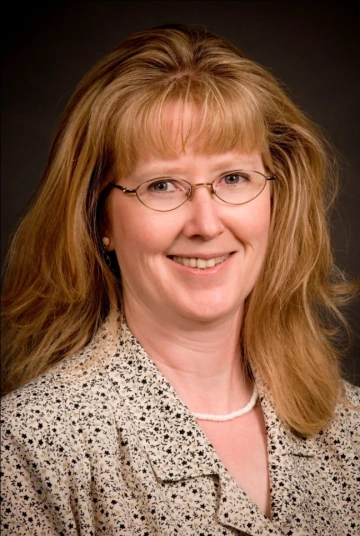
Leslie Dennis, PhD, MS
Professor, Public Health
Leslie Dennis, PhD's research focus is on melanoma, hepatocellular and prostate cancer etiology and prevention as related to environmental risk factors with R03, R01 and K07 funding. She has used tools such as mailed questionnaires, telephone interviews along with molecular analyses of trace elements and sexually transmitted infections to conduct this research, but also has interest in genetics. She also has expertise in conducting meta-analyses as related to risk factors for cancer. Dr. Dennis is a reviewer for several cancer and epidemiological journals. She has reviewed R03 and K07 applications for the NCI and spent 5 years as a grant reviewer for the American Cancer Society including chairing the Clinical Research, Cancer Control and Epidemiology peer grant review committee. She has served on the Diversity and Inclusiveness Committee at the College of Public Health and is currently the College’s representative on the University of Arizona’s Undergraduate Council and its Curriculum and Polices subcommittee.
Email Address: ldennis@arizona.edu
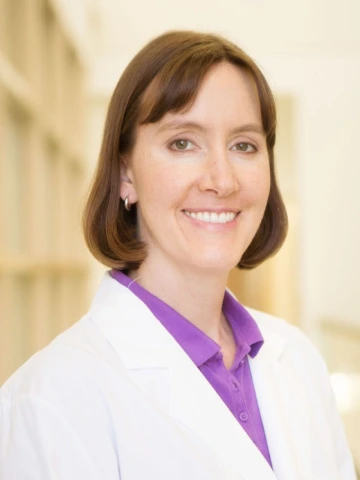
Sally Dickinson, PhD
Research Associate Professor, Pharmacology
Sally E. Dickinson, PhD earned her B.S. in Biology at the University of Puget Sound in Tacoma, Washington. She then trained at the NIH for two years before entering graduate school at the University of Arizona, where she earned her PhD in the laboratory of Dr. Qin Chen, studying oxidative stress-induced signaling in heart cells. She then worked as a post-doc for Dr. G. Timothy Bowden studying UV-induced NMSC, first under an R25T fellowship and then under a K07 Career Development Award, both of which focused upon skin cancer prevention. In addition to being a Cancer Center member, she is currently Research Associate Professor in the Pharmacology Department at the UofA. She is also a member of the CBIO GIDP.
Email Address: sdickinson@uacc.arizona.edu
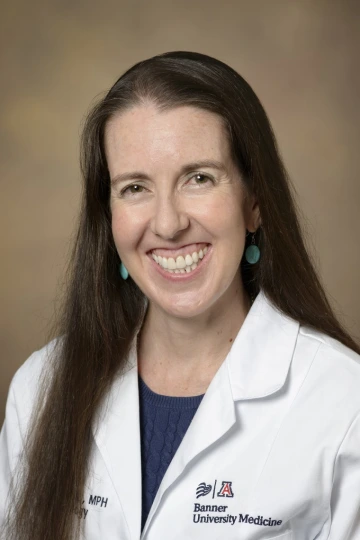
Jennifer Edrich, MD, MPH, MFA, FACS, FSSO
Assistant Professor, Surgery
Jennifer Erdrich, MD, MPH, FACS, is a surgical oncologist and assistant professor with the Division of Surgical Oncology at the University of Arizona Department of Surgery. A member of the University of Arizona Cancer Center, she specializes in melanoma, sarcoma and breast cancers. Dr. Erdrich earned her Medical Degree from Harvard Medical School. She attained a Masters in Public Health with a concentration in cancer prevention and completed an NCI-funded research fellowship at Harvard School of Public Health. In addition, she completed her general surgery residency at Stanford University, followed by a fellowship in surgical oncology at Cedars-Sinai Medical Center in Los Angeles, California.
Email Address: jerdrich@surgery.arizona.edu
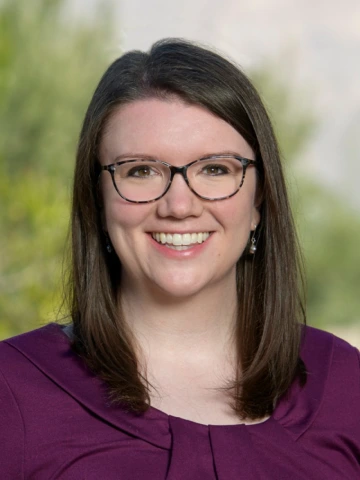
Leslie V. Farland, DSc
Assistant Professor, Epidemiology and Biostatistics
Leslie V. Farland, PSc is an Assistant Professor in the Department of Epidemiology and Biostatistics. Prior to joining the faculty, she was an Instructor in the Department of Obstetrics and Gynecology at Harvard Medical School and served as the Director of Epidemiologic Research at the Center for Infertility and Reproductive Surgery at Brigham and Women's Hospital. Her research program focuses broadly on women’s health and can be categorized into three major themes: i) the intersection between women’s reproductive health and chronic disease risk, ii) etiology and risk factors for endometriosis, infertility, and polycystic ovary syndrome, iii) disparities in access to infertility care and fertility treatment utilization.
Email Address: lfarland@arizona.edu
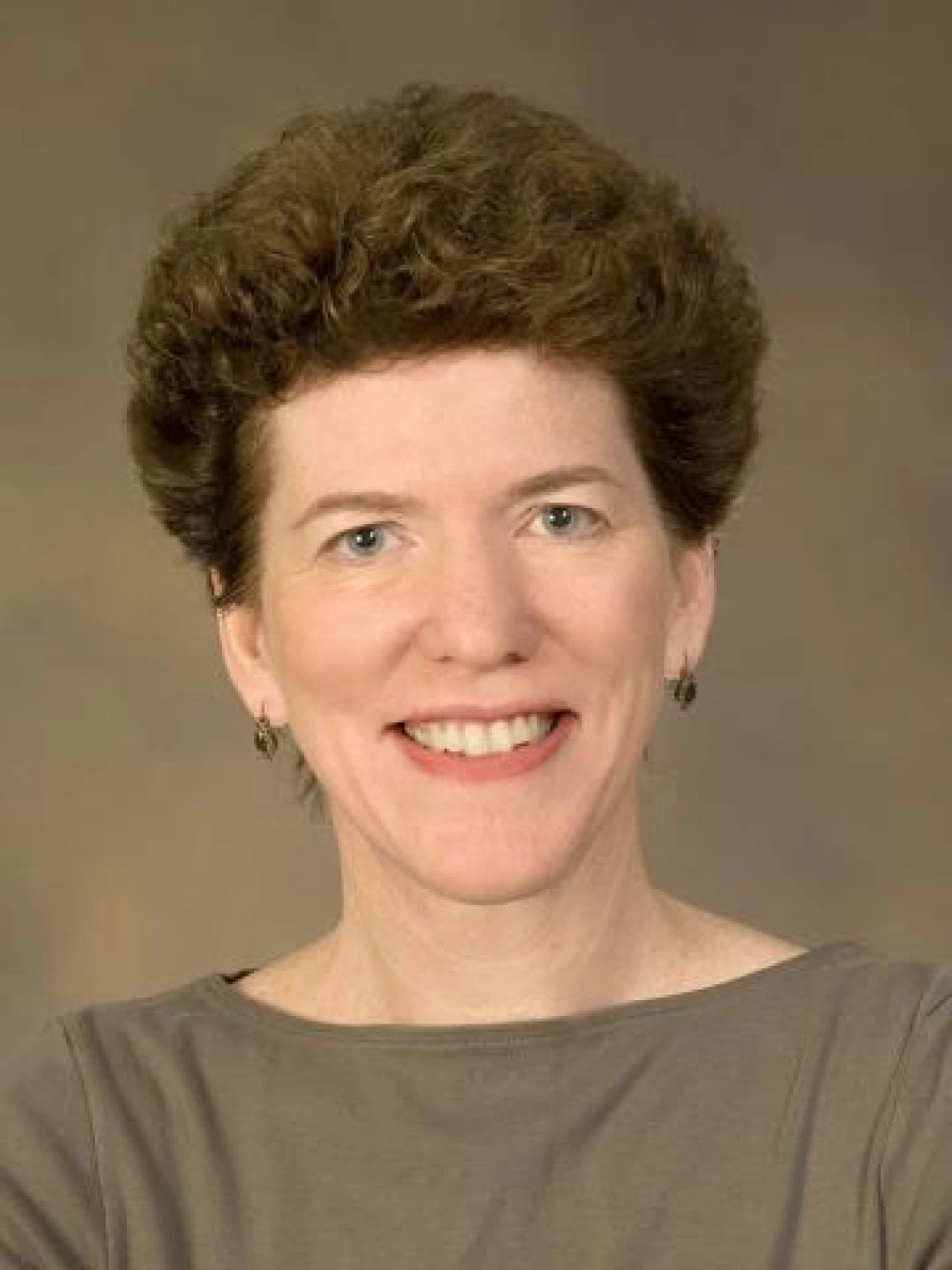
Janet L. Funk, MD
Professor, Medicine
Clinical Instructor, Pharmacy Practice-Science
Janet Funk, MD oversees cancer research on bone metastases in women with stage IV breast cancer. More specifically, her work is clarifying the importance of bone specific metabolism of dietary polyphenols for bioactivity, and the development of unique and more clinically relevant models of breast cancer bone metastases.
Email Address: jfunk@arizona.edu

Heidi Hamann, PhD
Associate Head of Strategic Initiatives, Psychology
Associate Professor, Clinical
Director, Psychosocial Research in Oncology Lab
Email Address: heidihamann@arizona.edu
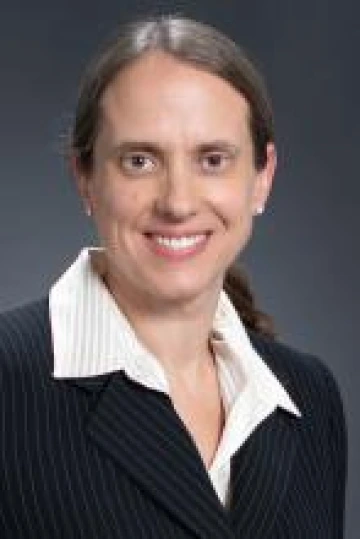
Karen Hastings, MD, PhD
Professor and Chair, Dermatology
Professor, Basic Medical Sciences
Professor, Immunobiology
Karen Hastings, PhD is an immunologist and dermatologist recruited to join the founding faculty of the UArizona College of Medicine – Phoenix in 2006. Previously, she taught immunology and dermatology to medical students and residents at Harvard Medical School and Yale University School of Medicine. She co-directs the immunology and skin cancer curriculum for the first- and second-year medical students at the College of Medicine – Phoenix. She also mentors medical and graduate students and postdoctoral fellows in her laboratory and provides dermatologic clinical care at the Phoenix VA Health Care System.
Email Address: khasting@arizona.edu

Jennifer Hatcher, PhD, MPH, MSN
Intermin Associate Vice President, Diversity and Inclusion
Professor, Public Health
Jennifer Hatcher, PhD, MPH's work is aimed at improving the health of underserved minorities with an emphasis on chronic diseases, especially cancer. She uses community engaged research strategies to explore the social determinants of health and leverage community strengths to improve the heath of communities.
Email Address: jhatcher@arizona.edu
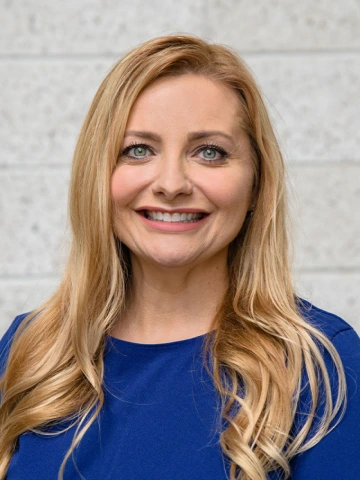
Melissa Herbst-Kralovet, PhD
Professor, Basic Medical Sciences
The Herbst-Kralovetz lab is focused on understanding the microbiome and host-microbe interactions in the female reproductive tract as it relates to gynecologic and oncologic health outcomes. She has been funded by NIH NIAID and foundations including the Flinn Foundation, ARDF and most recently the Mary Kay Foundation to study cervical and endometrial cancer. Dr. Herbst-Kralovetz utilizes clinical specimens, animal models and an innovative 3-D bioreactor system to study human epithelial and innate immune responses to commensals, pathogens, and microbial products at this site. In addition, she has recently moved into other -omics technologies including immunoproteomics and metabolomics and has a long-standing interest in enhancing women’s health outcomes through translational research.
Email Address: mherbst1@arizona.edu
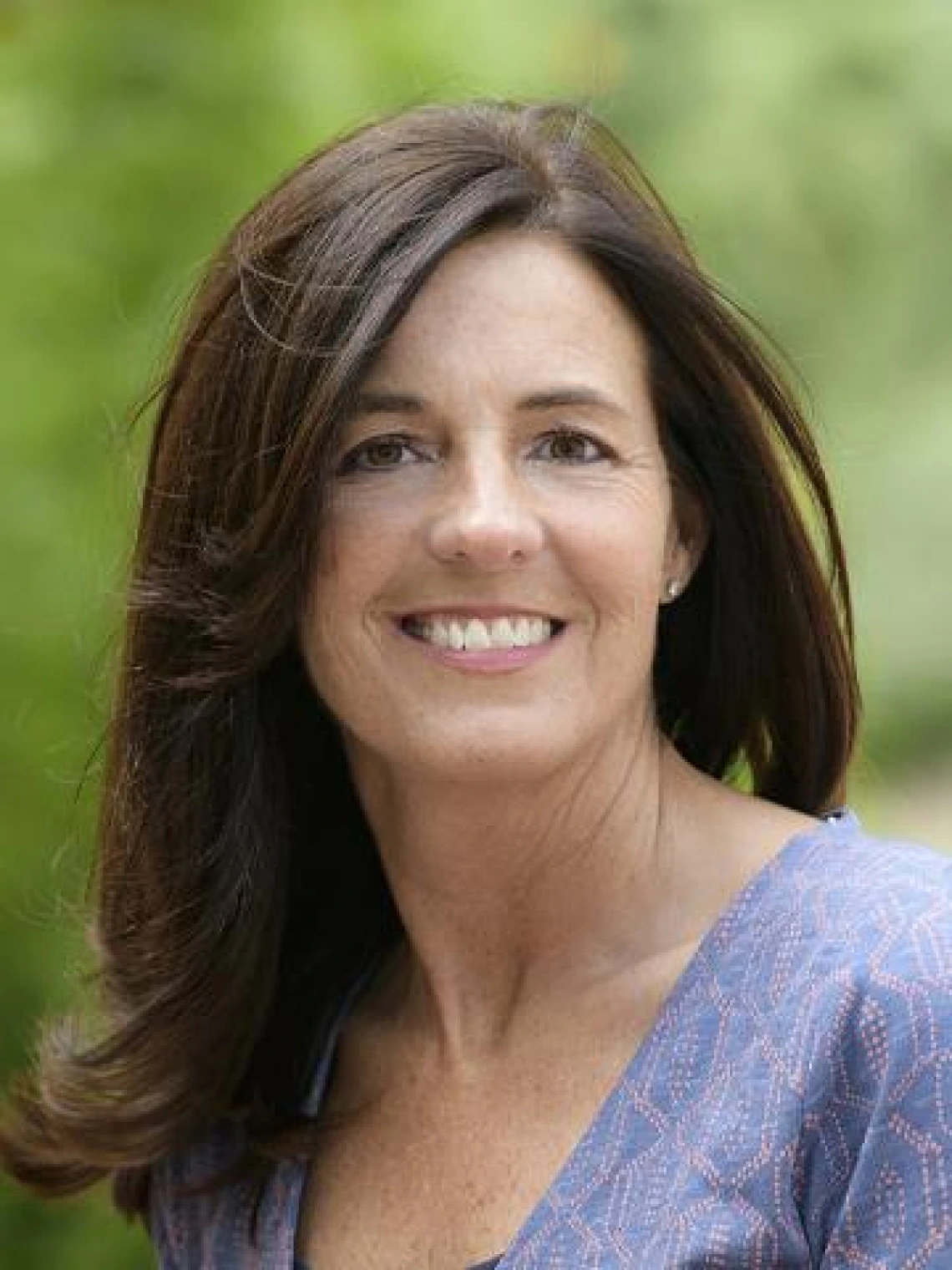
Elizabeth T. Jacobs, PhD
Professor, Public Health
Professor, Nutritional Sciences
Elizabeth Jacobs, PhD primary research areas are genetic and environmental risk factors for colorectal cancer within the setting of cohort studies. Her current study's goal is to investigate the genetic and lifestyle factors that modify the effect of selenium supplementation on the development of early neoplastic lesions.
Email Address: jacobse@arizona.edu
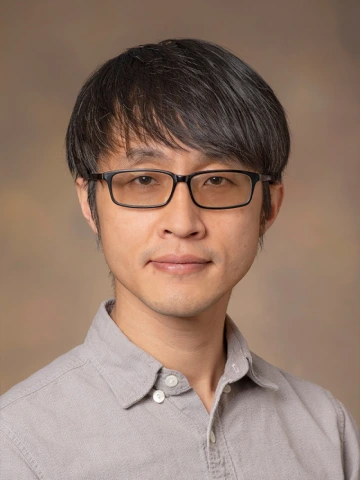
Kang Dongkyun, PhD
Associate Professor, Optical Sciences
Kang Dongkyun, PhD received his Ph.D. degree in Mechanical Engineering from Korea Advanced Institute of Science and Technology (KAIST). Prior to joining the UA, Dr. Kang worked as an Assistant professor of Dermatology at Harvard Medical School and Massachusetts General Hospital.
Email Address: dkkang@arizona.edu
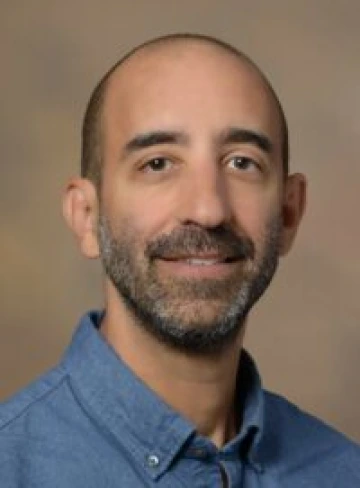
Yann C. Klimentidis
Associate Professor, Public Health
Yann Klimentidis, PhD is an Associate Professor in the Department of Epidemiology and Biostatistics at the Mel and Enid Zuckerman College of Public Health at the University of Arizona. His research focuses mainly on the use of genetic information to learn about body composition, health-related behavior, and cardio-metabolic, and neurodegenerative traits/diseases. The broad goals of his research are to: 1) understand mechanisms of disease, 2) identify risk factors for disease, 3) understand health disparities, and 4) improve prediction of disease risk. Approaches include genome-wide association studies, Mendelian randomization, gene-by-environment interactions, and genetic ancestry studies.
Email Address: yann@arizona.edu
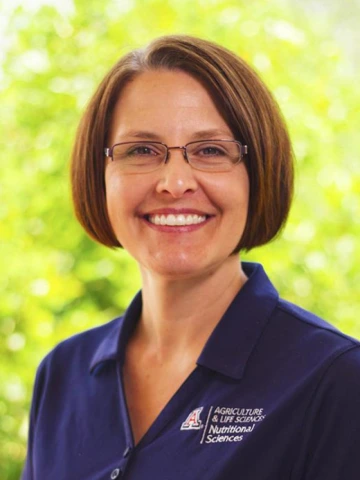
Kirsten H. Limesand, PhD
Professor, Nutritional Sciences
Kirsten H. Limesand, PhD earned her BS in Microbiology from North Dakota State University and her PhD in Microbiology with an emphasis in Virology from Colorado State University. She then completed post-doctoral training at the University of Colorado Health Sciences Center where she first began her work on the regulation of apoptosis in salivary glands exposed to different damaging agents. In 2005, she was hired as an Assistant Professor at the University of Arizona. She was promoted to Associate Professor in 2011 and Full Professor in 2015.
Email Address: limesank@arizona.edu
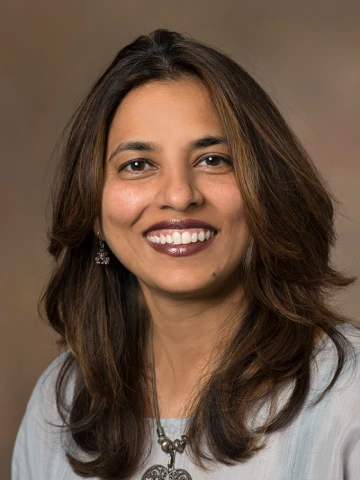
Purnima Madhivanan, PhD, MBBS, MPH
Associate Professor, Health Promotion Sciences
Purnima Madhivanan, PhD is an Associate Professor with Tenure in the Mel and Enid Zuckerman College of Public Health. She holds joint appointments in the College of Medicine, Bio5 Institute and is a member of the UA Cancer Center. She completed her medical training in India and received a MPH/PhD in Epidemiology from the University of California Berkeley. She completed her postdoctoral training at San Francisco Department of Public Health on Clinical Trials Management. She is currently the Director of the NIH funded Global Health Training Program at UA and serves as a co-PI for the GHES consortium in collaboration with Stanford, Yale and University of California, Berkeley.
Email Address: pmadhivanan@arizona.edu
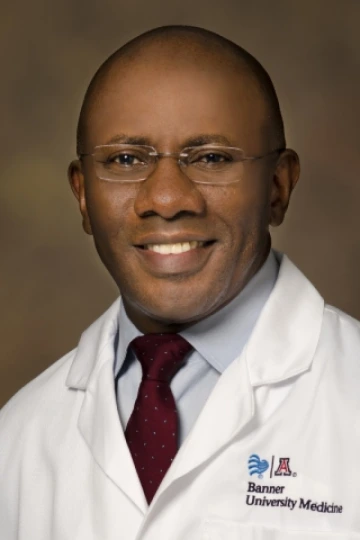
Valentine N. Nfonsam, MD, MS, FACS
Professor, Surgery
Interim Chief, Division of Surgical Oncology
Valentine N. Nfonsam, MD, MS, FACS, is a professor with the University of Arizona Department of Surgery Division of Surgical Oncology. He specializes in colon and rectal surgery, colorectal oncology, and complex pelvic floor disorders. Dr. Nfonsam performs surgeries for inflammatory bowel disease, anorectal disease, and benign and malignant colorectal diseases. He is an expert in the surgical management of pelvic floor disease, especially fecal incontinence. He also performs colonoscopies and endoscopic treatment of polyps. Dr. Nfonsam is one of just a few surgeons in the nation using minimally invasive techniques for colon and rectal surgery, such as advanced laparoscopy, single-incision surgery, and robot-assisted surgery, which have been shown to reduce the patient's wound infection rate, post-operative pain, length of stay in the hospital, and overall recovery time.
Email Address: vnfonsam@surgery.arizona.edu
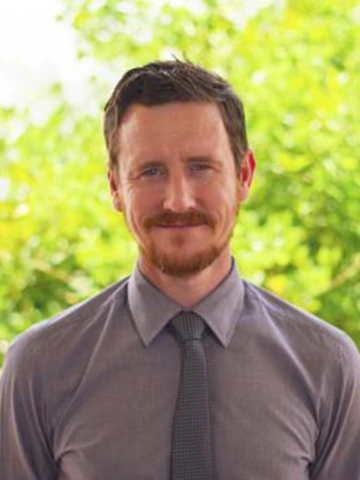
Richard J. Simpson, PhD
Associate Professor, Nutritional Sciences
Richard J. Simpson, PhD completed his training in exercise physiology and immunology at Edinburgh Napier University in Scotland before spending nine years as a faculty member at the University of Houston. He studies the effects of exercise and stress on the immune system. Major cross-cutting themes of his work are aging (immunosenescence), cancer and spaceflight, with a particular interest in how adrenergic receptor signaling can be used to improve cellular products for hematopoietic stem cell transplantation and immunotherapy. He serves on the editorial board of the following journals: Brain, behavior & Immunity; Immunity and Ageing; and Exercise Immunology Reviews. His current research is supported by NASA and the National Cancer Institute.
Email Address: rjsimpson@arizona.edu
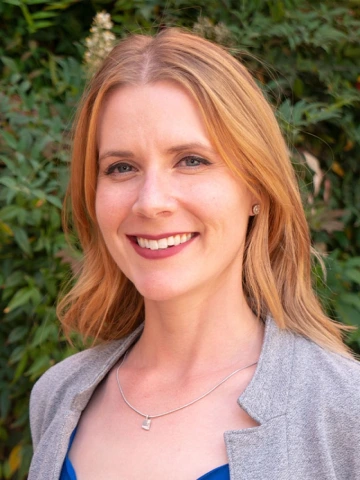
Meghan B. Skiba, PhD, MS, MPH, RDN
Assistant Professor, Nursing
Assistant Professor, Biobehavioral Health Science
Meghan B. Skiba, PhD is an Assistant Professor in the College of Nursing Biobehavioral Health Science Division at the University of Arizona. She received her doctorate in Health Behavior Health Promotion from the Mel & Enid Zuckerman College of Public Health, has additional formal graduate training in epidemiology and nutritional sciences, and completed post-doctoral training at Oregon Health & Science University. Dr. Skiba has experience delivering remote diet and physical activity interventions as well as health coaching, accelerometry, mixed-methods, and data analysis. Her research has emphasis in biological aging, technology, and dyads. She is interested in addressing cancer health disparities by connecting cancer survivors and their caregivers to the skills and behaviors to live their healthiest and longest life.
Email Address: mbskiba@arizona.edu
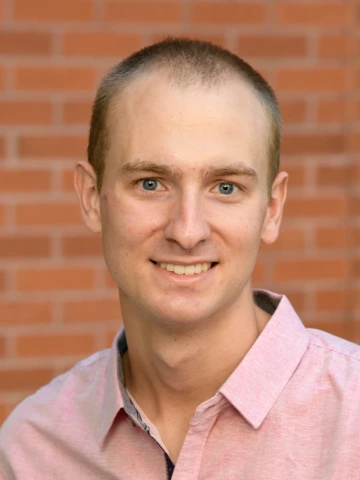
Dylan T. Miller, PhD, MPH
Dylan received his Bachelor's degree in BioHealth Sciences from Oregon State University in 2018. He received his Master's degree in Public Health with a focus in Health Policy & Management from the University of Arizona in 2020. He also received a PhD in epidemiology from the University of Arizona in 2025 with dissertation research focused on ultraviolet radiation exposure in high-risk populations. Dylan has experience working around skin cancer as a student with the Arizona Skin Cancer Institute and as an intern working with the Arizona Department of Health Services SunWise program and has been the Outreach Coordinator for the SCI since 2020.
Cancer Focus:
Prevention of skin cancer through prevention, education, and health behavior research.
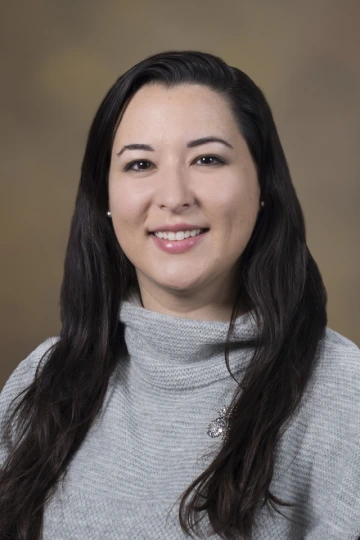
Celina I. Valencia, DrPH
Assistant Professor, Family and Community Medicine
Associate - Research Associate, Cancer Center Division
Celina Valencia, DrPH, is a health equity scientist, trained as a social epidemiologist, who utilizes data science analytical approaches to develop new methods for measuring biological pathways of social adversity. Dr. Valencia’s emerging program of research centers the role of social epigenomics in patterns of increased breast cancer mortality risk in the United States. As epigenetic signatures are both modifiable and reversible, the long-term goal of her research is to identify clinical and translational applications to improve rates of survivorship in women from historically marginalized backgrounds.Email Address: celina@arizona.edu
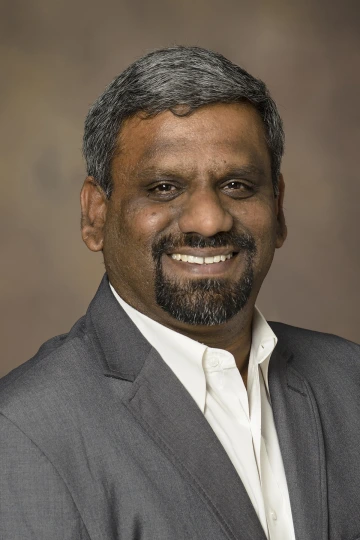
Srinvasan Vedantham, PhD, DABR, FAAPM
Professor, Medical Imaging
Director, Biomedical Imaging Innovation/Clinical translation – Next-Gen CT
Srinivasan Vedantham, PhD is a Professor in the Department of Medical Imaging. He is a biomedical engineer and board-certified medical physicist. Dr. Vedantham’s research interests are in the design, development and clinical translation of novel x-ray imaging systems and imaging techniques with particular focus on oncological and interventional imaging. Currently, he is working on developing advanced tomographic techniques and systems for breast imaging and its clinical translation. This design, development and clinical translation-oriented research is funded by the National Institutes of Health. He also conducts research in interventional imaging with a focus on the development of advanced detector technology.
Email Address: svedantham@arizona.edu
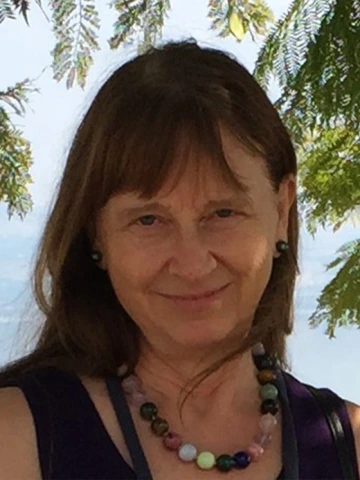
Karen L. Weihs, MD
Professor, Psychiatry
Karen L. Weihs, MD is a graduate of the University of Iowa College of Medicine. She completed her residency in Family Medicine and practiced on the faculty of Family Medicine at Brown University prior to returning to a Psychiatry Residency Training, including child psychiatry at the University of Wisconsin. She then obtained a K24 Scientist Development Award for Clinicians to obtain research training and experience at the George Washington University, College of Medicine, Center for Family Research under the mentorship of David Reiss, M.D. She has an active program of research as well as a clinical and teaching practice of psychoncology and psychotherapy at UA.
Email Address: weihs@arizona.edu
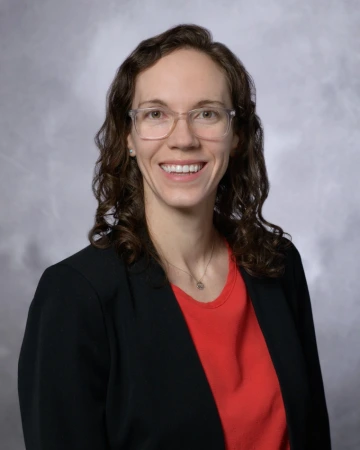
Anna Morenz, MD
Assistant Clinical Professor, General Internal Medicine, Geriatrics & Palliative Medicine
A Tucson native, Dr. Morenz holds a bachelor’s degree in anthropology (2013) from Dartmouth College. She earned her medical doctorate (2019) from Harvard Medical School and a master’s degree in public health (2024) from the University of Washington. She completed internal medicine residency (2019-22) and a research fellowship (2022-24) at the University of Washington, with a focus on research to inform more equitable primary care delivery and payment reform. She works as an internal medicine primary care physician at Banner University Medical Center, teaches residents, and is developing a research program focused on addressing inequities in cancer screening.
Research Program Role

Chris Lim, PhD
Assistant Professor, Environmental Health Sciences
Dr. Lim’s research examines how the environment impacts human health applying epidemiologic, statistical, and data science methods. Specifically, he is interested in the health effects of air pollution and extreme weather, and whether there are disparities in the exposures and associated health outcomes. He also explores the potential application of low-cost sensor technologies for personal-level exposure assessment, urban air pollution modeling, and community-based environmental justice projects. Lim currently leads a study examining the health and academic impact of green playground renovations in New York City public schools, and another study examining the link between environmental exposures and emergency medical services activations in the U.S. He completed his postdoctoral training at the Yale School of the Environment and obtained his PhD from NYU School of Medicine.
Email Address: chrislim@arizona.edu

